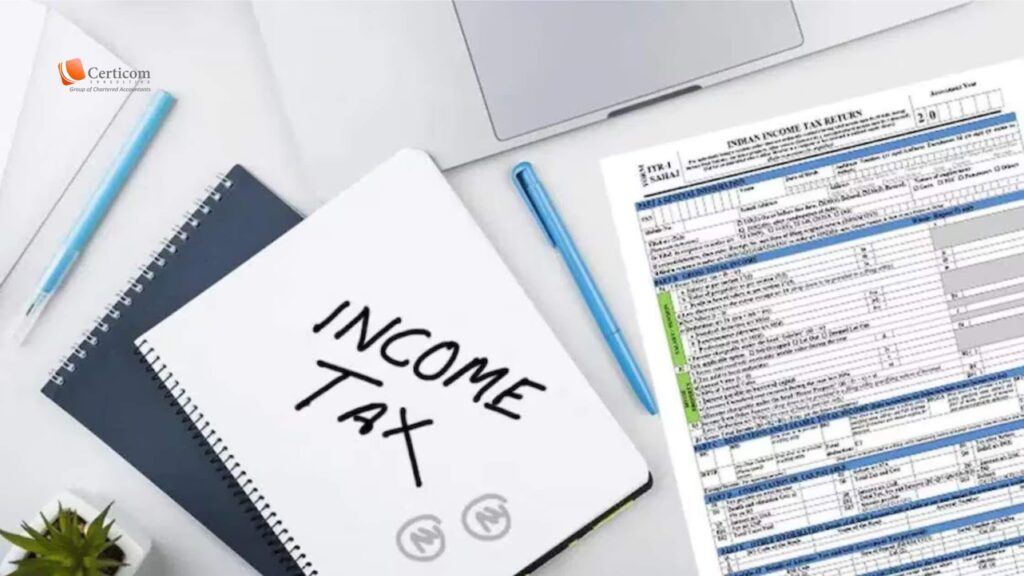Penalties Possible for Misreported Income in Income Tax - Learn How to Prevent Them

The Income Tax Department has instructed taxpayers to file amended forms for the current assessment year and updated files for the prior assessment years in order to correct any incorrect refund claims or exemptions.
July 31, 2023 was the deadline for submitting Income Tax Returns (ITR) for the assessment year (AY) 2023–2024. You can file a delayed return until December 31, 2023, if you don’t file your returns by that date.
The Income Tax Department has stressed to all parties involved the significance of appropriate reporting of different deductions and exclusions. These consist of deductions for paid rent, principal and interest on home loans, education loan interest, family and individual health insurance premiums, deductions for people with disabilities, and contributions to political parties, trusts, and charitable organizations.

Validity of Claims and Accurate Income Reporting
It is imperative to verify the authenticity of all claims made for deductions or exemptions in your Income Tax Return (ITR), backed by legitimate payments and supporting documents.
If an assessee makes fraudulent claims for deductions under the Income Tax Act, this is considered tax evasion and could result in penalties from the tax authorities. Tax authorities are able to extensively examine deductions and exemptions because they have access to extensive data about taxpayers through the Annual Information System (AIS) and Transaction Information System (TIS).
False entries in books of accounts, unsupported claims of expenditure, misrepresentation or suppression of facts, omission of pertinent receipts, and failure to register foreign transactions are all examples of misreporting revenue.
Penalties Enforced According to the Income Tax Act
Underreporting or misreporting income may result in penalties under Section 270A of the Income Tax Act. If income is underreported, the penalty might be 50% of the tax due; if misreporting is present, the penalty could be 200%.
Penalties under Section 271(1)(c) for false information provided or income concealment are addressed. Giving false information about deductions on purpose could result in a penalty of 100% to 300% of the tax that was attempted to be avoided.
Penalties set by the Assessing Officer may arise from failure to pay self-assessment tax under Section 140A(3). Incarceration and fines may be imposed for offenses such as deliberate attempt to avoid taxes or failing to provide returns required under Section 276C(1).

Revised Returns
Under Section 139(5) of the Income Tax Act, taxpayers may file updated returns to correct errors in their first filing. In the event of errors or omissions, the clause permits corrections. Taxpayers can use the income tax portal’s “Discard” option if the first ITR is unconfirmed.
Belated Returns
Penalties under Section 234F may be applicable for late returns, defined as those filed after the deadline under Section 139(4) of the Income Tax Act. For those whose total income is less than Rs 5 lakh, the penalty is simply Rs 1,000. Otherwise, the penalty is Rs 5,000. In addition, in the event of a late filing, interest under Section 234A is assessed on the outstanding tax amount for each month or portion thereof at a rate of one percent per month.
Related Post
Resident’s Guide to Buying NRI Property in India
Flipkart ESOP Compensation: ₹11 Crore Payout – Salary or Capital Receipt?
Book A One To One Consultation Now For FREE
How can we help? *




